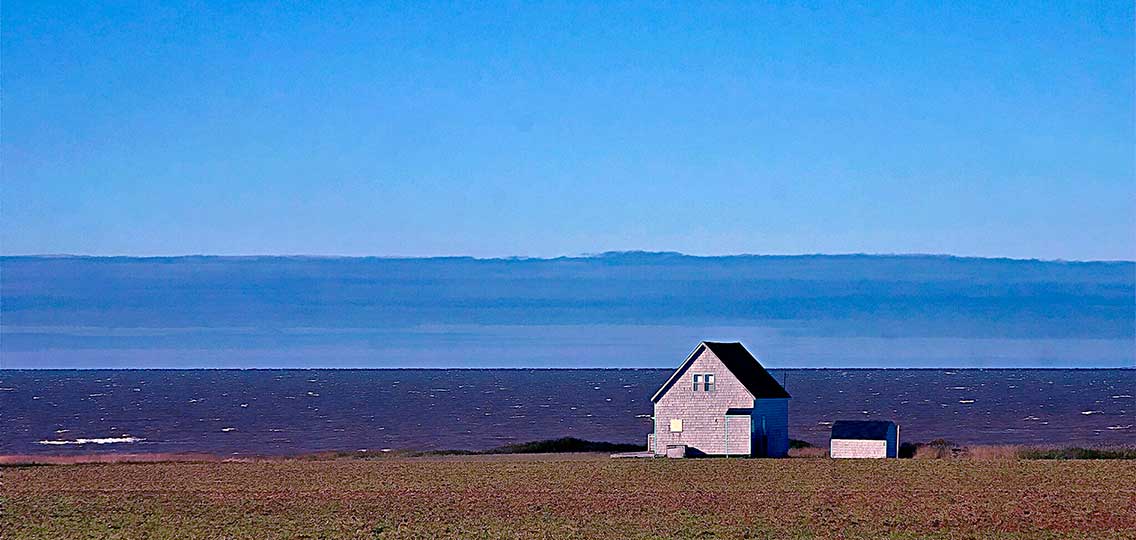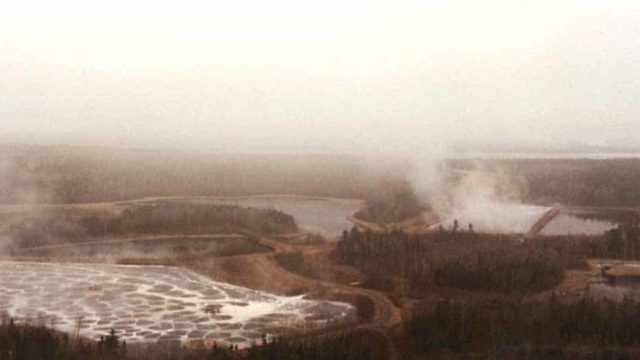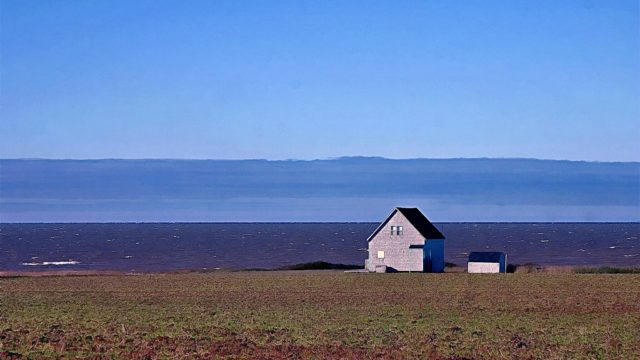For decades beginning in the mid-sixties, Northern Pulp dumped millions of gallons of toxic effluent from its pulp mill into Boat Harbour, Nova Scotia — located adjacent to Pictou Landing First Nation — each and every day.
The use of Boat Harbour as a toxic dumping ground was labelled one of the worst cases of environmental racism in the province. This place of cultural significance to the Pictou Landing First Nation was repeatedly plagued by numerous effluent leaks and the accumulation of chemicals, solids and heavy metals — including dioxins, furans and heavy metals, like mercury, zinc and chromium.
In 2015, the provincial government passed legislation that would require Northern Pulp to cease using Boat Harbour to treat its effluent by January 31, 2020. In a last-ditch effort to stay operational, the company proposed a different system that would treat its effluent on site and then carry it through a 15km-long pipeline into the prime fishing grounds of the Northumberland Strait.
This proposal brought with it numerous concerns about its risks to air, water, fish and human health from the Pictou Landing First Nation, community groups — including Friends of the Northumberland Strait — and fishers from across the Maritimes.
In 2018, to help raise concerns about Northern Pulp’s proposed plan, we teamed up with Friends of the Northumberland Strait to protect the sensitive environment of the Northumberland Strait.
In 2019, the Nova Scotia government ordered a full environmental assessment report for Northern Pulp’s proposed treatment facility, the company was forced to stop using Boat Harbour to dump its effluent from the pulping process, and the mill suspended its operations.
In 2021, Northern Pulp decided to change its proposal and seek approval for a redesigned treatment facility. In 2021, Environment and Climate Change Minister Keith Irving announced that a proposed $350 million revamp of the mill will undergo a Class 2 environmental assessment, which would have been longer and more stringent than a Class 1 assessment.
Then in 2024, in a major win for the community and the environment, the company announced it would be closing the plant’s doors for good. This outstanding outcome was the result of years of work by the Friends of the Northumberland Strait, Pictou Landing First Nation, and many others, demonstrating the power of communities standing up to hold industry polluters to account.



